Launching Acumen’s 2019 Leadership Report & Future Vision
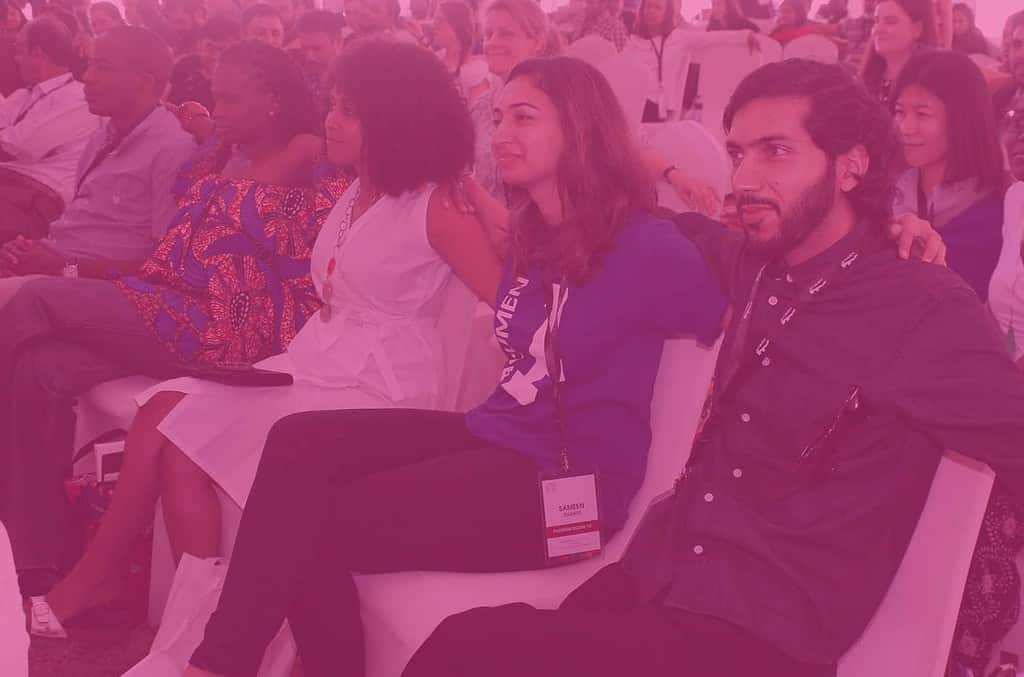
- Blog
To create meaningful change, today’s leaders must embody an entrepreneurial mindset and the willingness to bring diverse communities together to shift systems.
After more than a decade investing in leaders, we have a community of 546 Fellows and have reached more than 400,000 learners with our +Acumen courses. In our new 2019 Leadership Report, we showcase extraordinary individuals leading new initiatives to bring access to quality education to children across Uganda, health care to low-income women in Pakistan, and agricultural solutions to Indonesian farmers impacted by climate change. Together these individuals have impacted over 8 million lives, including educating over 2.2 million people and enabling over 700,000 individuals across East Africa and South Asia to live with electricity.
In Acumen’s leaders, we see a long-term commitment to changing the goals, structures, and rules of existing systems to build a world where everyone has the opportunity to live with dignity.
As we embark on a new chapter for Leadership at Acumen, we’ve distilled the lessons we’ve learned into seven principles. These principles inform our future as we grow this community of leaders who will change the world.
1. INVEST IN CHARACTER, NOT JUST SKILLS
Poverty exists because of systemic and structural barriers and, as a result, solving problems of poverty requires a unique combination of skills and character.

2. ENABLE LIFELONG COMMITMENT AND LEARNING
We believe that leadership is a journey that requires constant renewal, and that solving problems of poverty requires a lifelong commitment and lifelong learning.
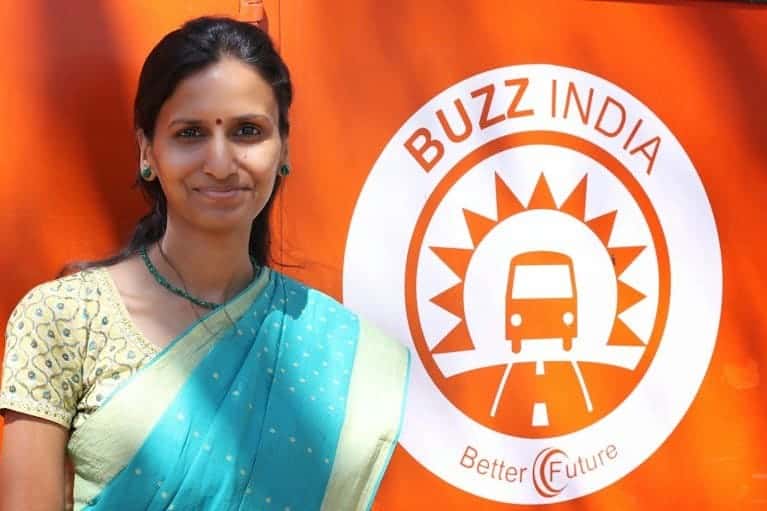
3. INVEST IN ENTREPRENEURIAL LEADERS, NOT JUST ENTREPRENEURS
The world needs a diverse set of innovators—people who work in government, corporations, and nonprofits—who can act as intrapreneurs and organization builders, not just as entrepreneurs.
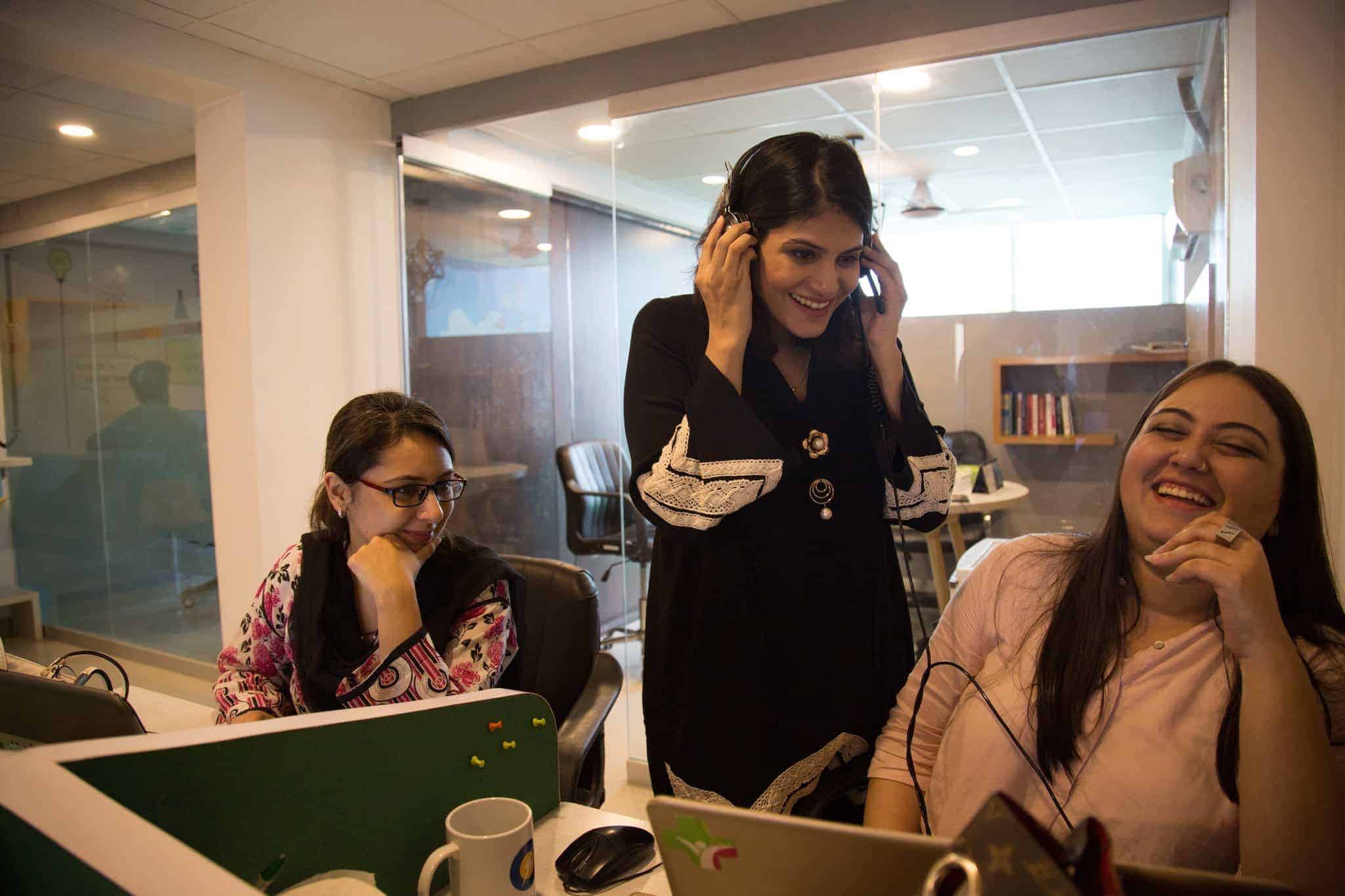
4. ACCOMPANIMENT IS KEY. DESIGN FOR COMMUNITY
The journey of creating social change is long, lonely, and tough. We champion ground-based learning to provide accompaniment and to build an engaged global community.
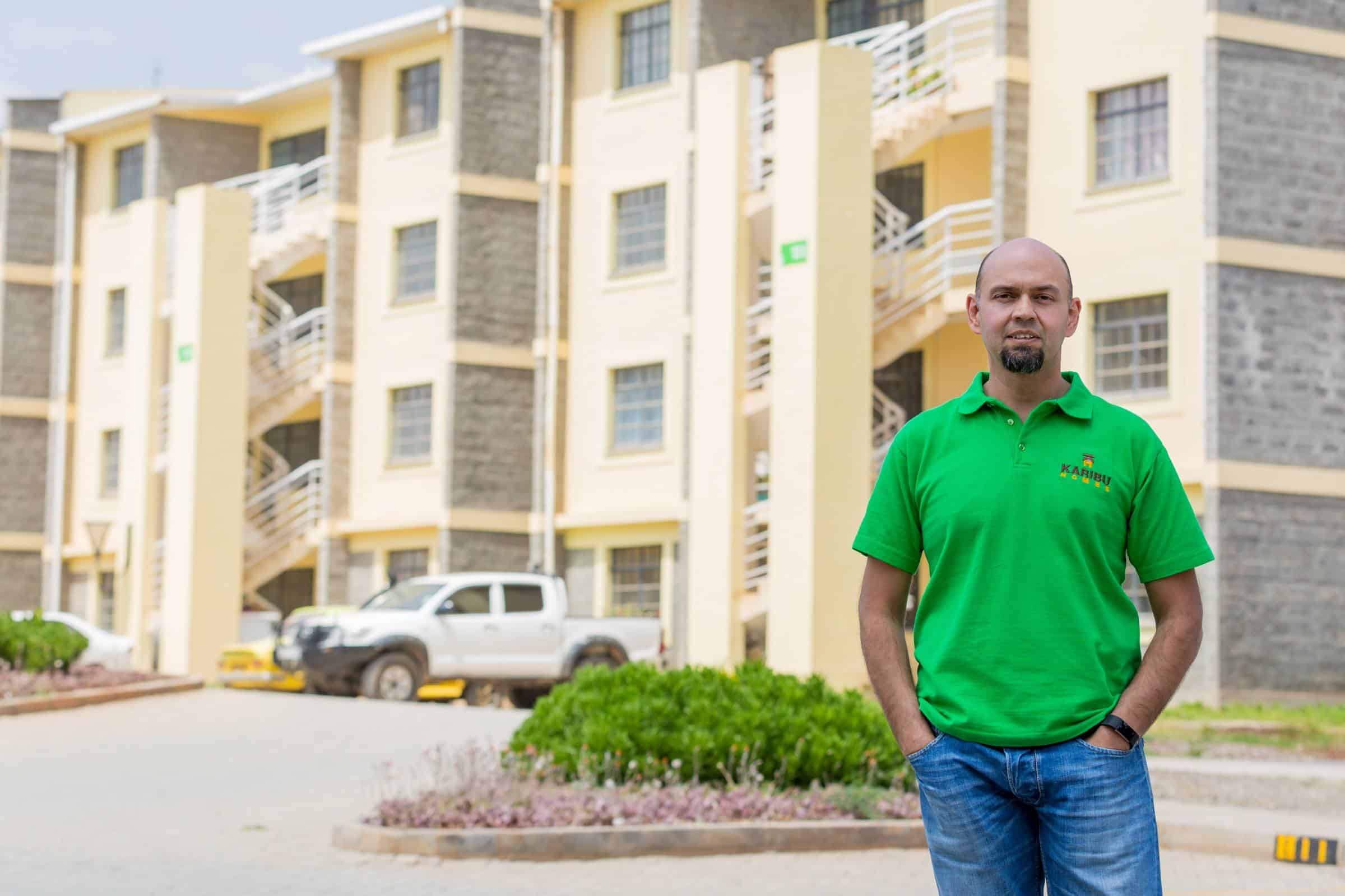
5. DELIBERATE DIVERSITY AND ACCESS FOR ALL
We have found that the existence of spaces that allow individuals to bridge seemingly opposing values and identities are uncommon. Hearing diverse voices is essential for the leaders of the 21st century.
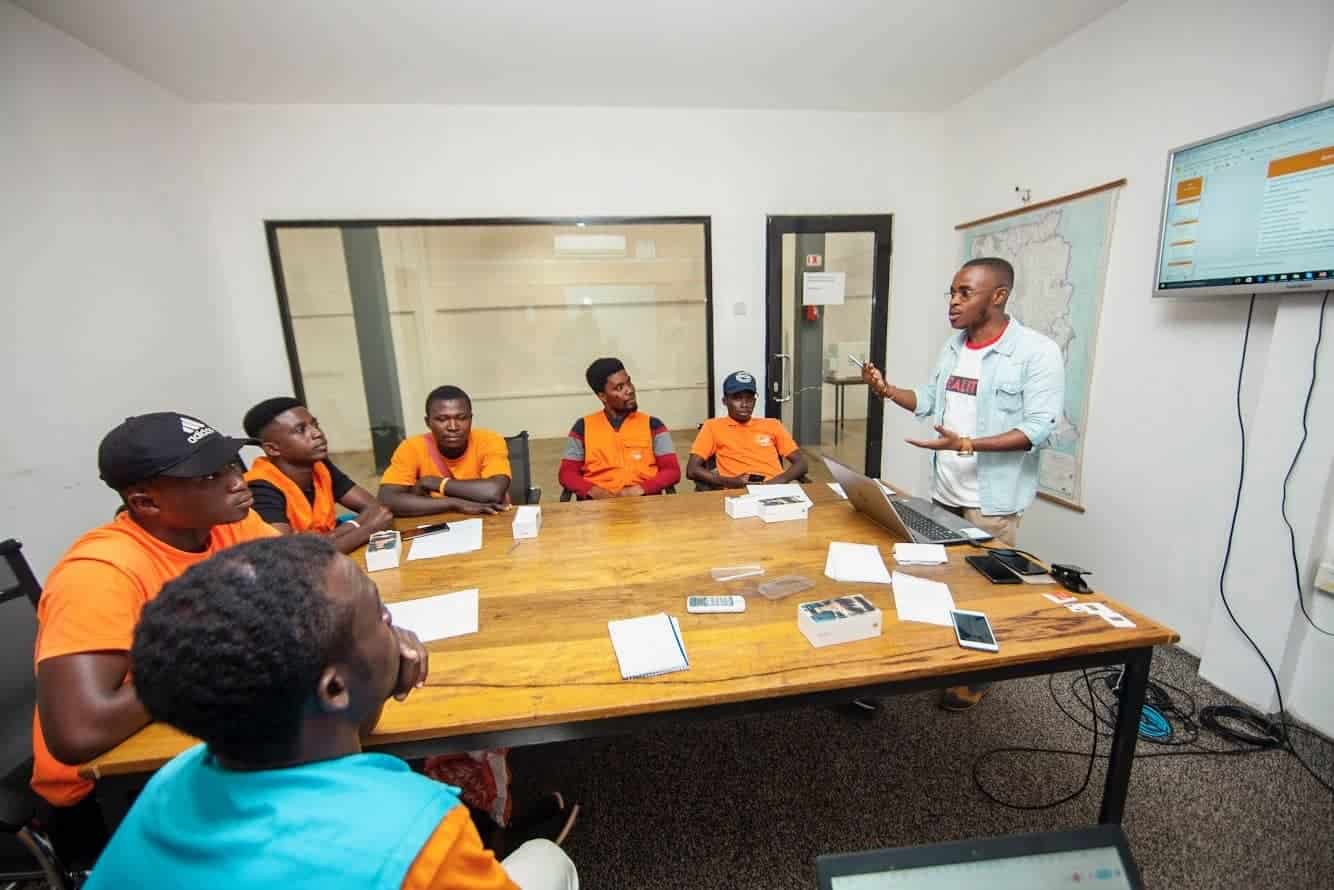
6. KNOWLEDGE WILL COME FROM ALL OF US, NOT JUST EXPERTS
Our Fellows and students are the best teachers that universities could ask for. They are on the cutting edge of social change and can provide the insights needed to empower the next generation of changemakers.
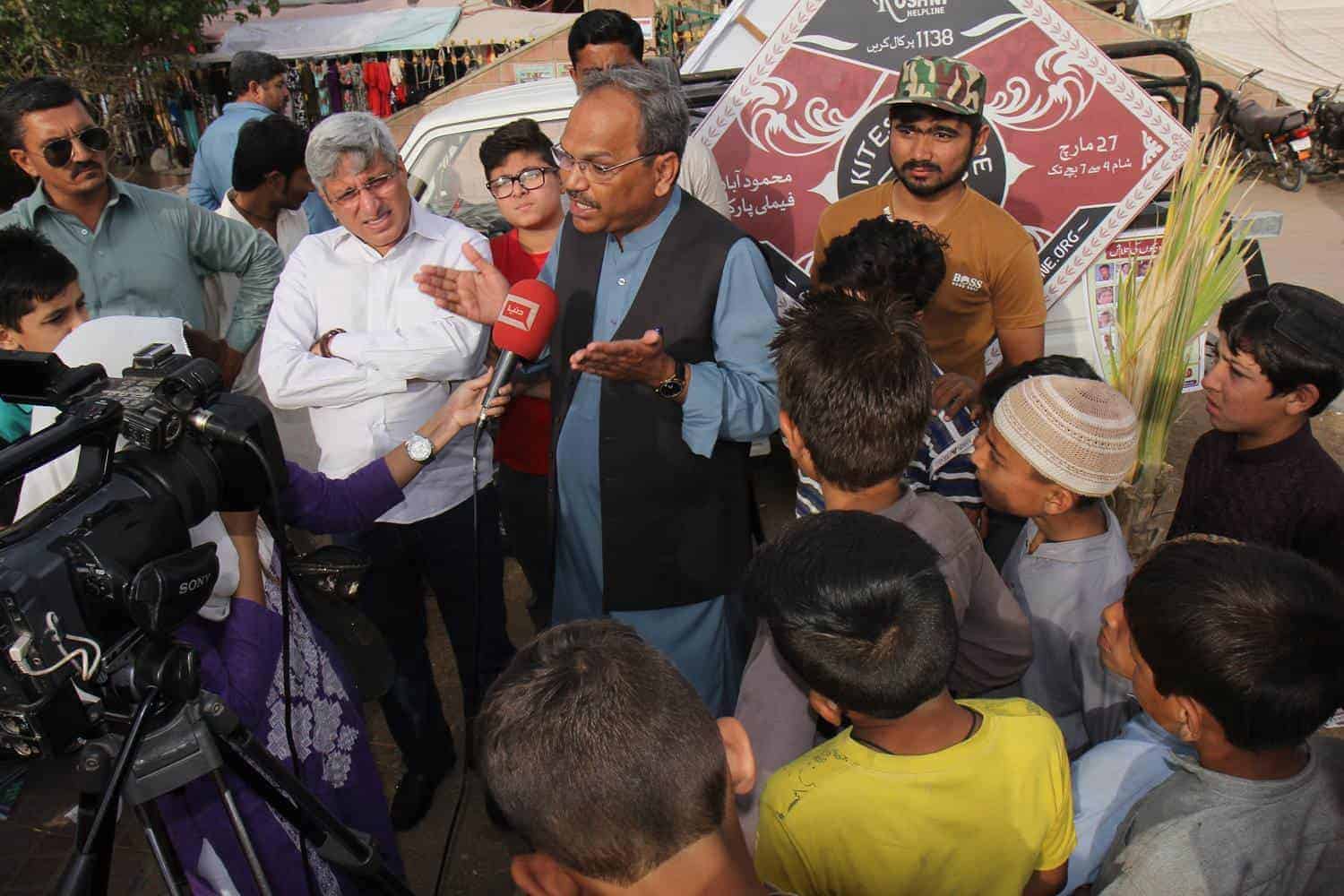
7. LEARNING HAPPENS “IRL” (IN REAL LIFE)
No plan fully survives contact with reality, and in order to ensure Acumen’s community of leaders tackle real-life problems, we design our content so that individuals can hold hypotheses lightly and seek feedback, and develop can-do attitudes that support adapting and innovating—now and in the future.
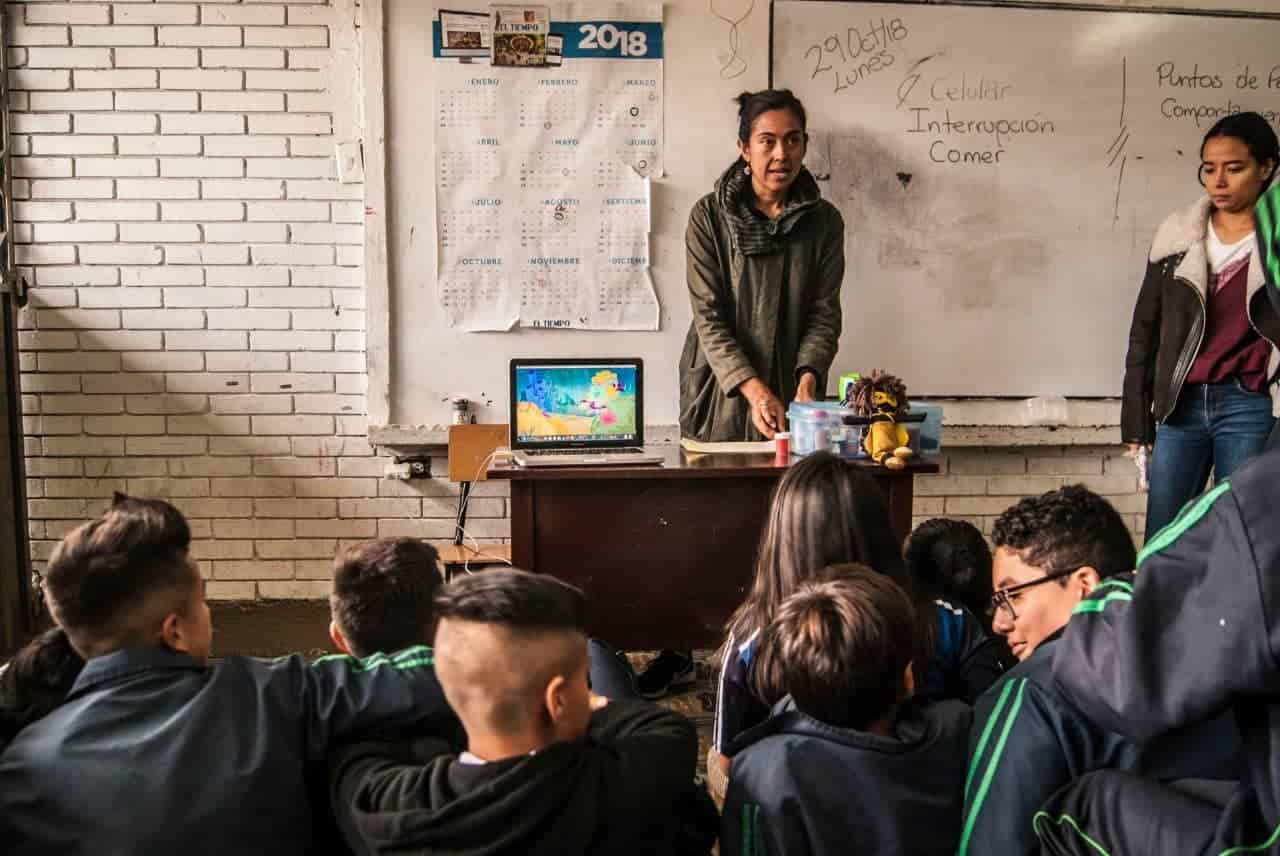
Read the 2019 Leadership Report here: leadership.plusacumen.org/